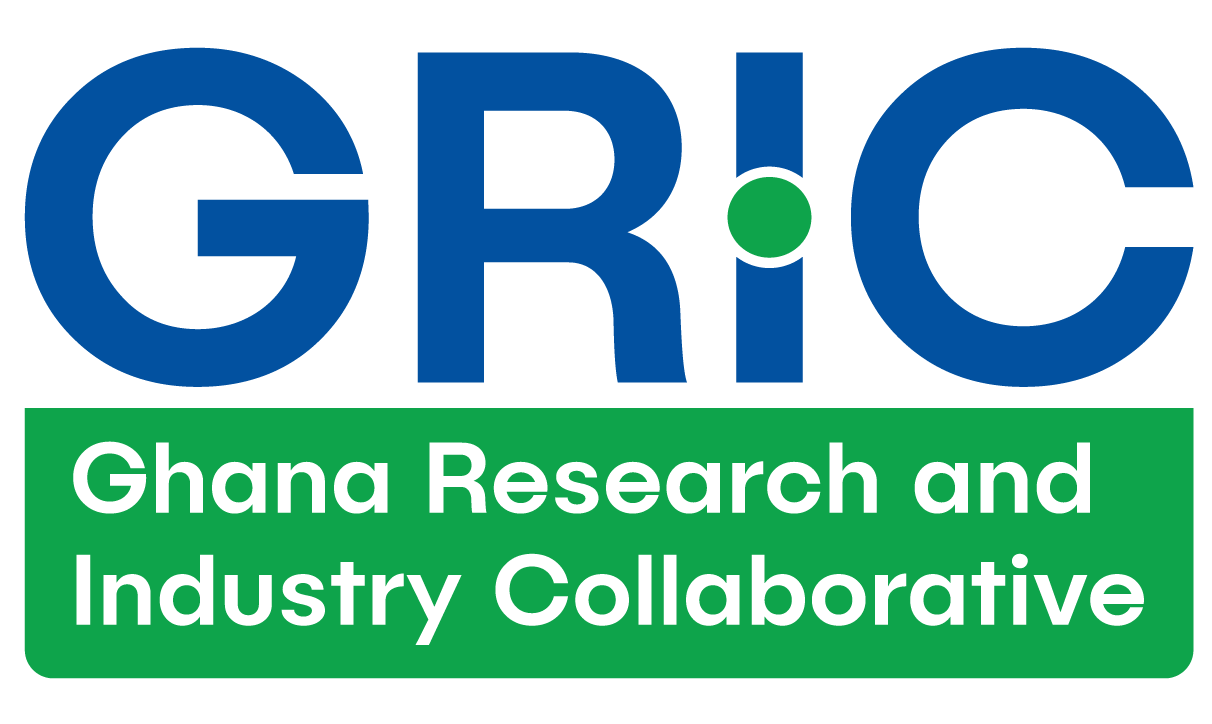This study assessed poultry farmers’ willingness in Ghana’s Western Region to use egg and snail shells as affordable calcium sources in poultry feed. Calcium is essential for strong eggshells and bird health, but traditional sources like oyster shells and limestone are costly. Using a multistage sampling method, data were collected from 284 poultry farmers through structured interviews. Descriptive statistics and regression analysis revealed that 80.28% of farmers were willing to use eggshells, while 65.49% favored snail shells. Education, farm size, access to loans, and extension services significantly influenced adoption. The findings demonstrate the potential of these alternatives to reduce feed costs by up to 20%, offering a sustainable and cost-effective solution.
High feed costs are a major barrier to growth in Ghana’s poultry industry, making it hard for farmers to compete with imported products. This study provides evidence for using local, affordable materials like egg and snail shells to lower costs.
This research benefits poultry farmers, feed manufacturers, and agricultural extension programs focused on sustainability. It also contributes to the circular economy by recycling waste materials to reduce environmental pollution.
1. Poultry farmers can collect and crush eggshells and snail shells to mix into feed, reducing reliance on costly limestone and oyster shells.
2. Feed manufacturers can explore processing these materials into commercial feed additives.
1. Develop training programs to educate farmers on the safe use of eggshells and snail shells in feed.
2. Provide subsidies or credit access to help farmers invest in processing equipment.
3. Encourage government and private sector collaboration to support adoption through policy incentives.






